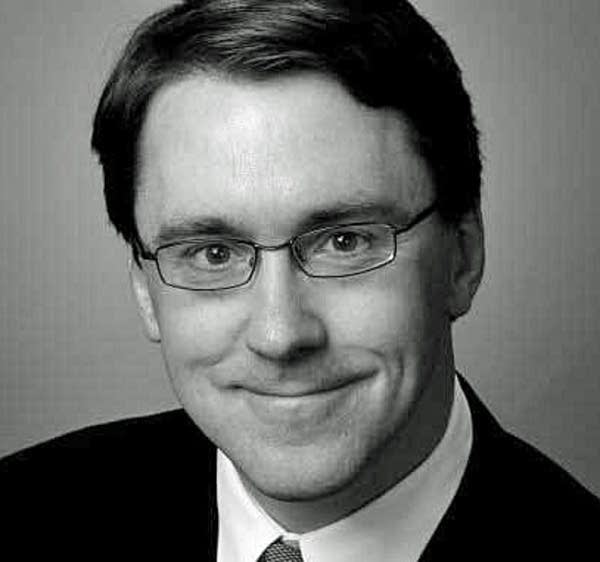Dr. Jon Hallberg: Study debunks drawbacks of coffee drinking
Go Deeper.
Create an account or log in to save stories.
Like this?
Thanks for liking this story! We have added it to a list of your favorite stories.

A recent study published by the New England Journal of Medicine found an association between coffee consumption and lower rates of death from disease.
The study included more than 400,000 AARP members.
MPR's medical analyst Dr. Jon Hallberg discussed the impact of the study with Tom Crann of All Things Considered on Wednesday. Hallberg is a physician in family medicine at the University of Minnesota and medical director of the Mill City Clinic.
An edited transcript of that interview is below.
Turn Up Your Support
MPR News helps you turn down the noise and build shared understanding. Turn up your support for this public resource and keep trusted journalism accessible to all.
Dr. Jon Hallberg: It was a massive study. It started in 1995 to 1996 when they enrolled hundreds of thousands of people that were enrolled in AARP. It asked them a lot of questions in a questionnaire about things such as coffee consumption.
Tom Crann: Did the study actually find that more coffee is good for us?
Hallberg: Yes and no. What the authors of the study were looking for was really to lay to rest this idea that people who drink coffee might have a higher death rate, from heart disease, for example. Lots of studies have been done; many of the studies are quite small. This was by far the biggest study that's been done looking at this question. And what they found was quite intriguing. The more coffee a person drank, their total cause mortality, or in other words, what they died from ultimately, was lower in that population.
Crann: Is that due to the caffeine in coffee, which we've been warned about? Or is it something else?
Hallberg: They don't really know that, and the study wasn't trying to look at that. There are lots of studies that have tried to look at coffee specifically. We do know that there are about 1,000 different chemical compounds in coffee. The most common one, the most studied one, is caffeine. Interestingly, in this study, they took into account people who drank decaf and people who drank regular, and they actually didn't see a difference. It seems that whatever the possible protective element is, it's not caffeine.
Crann: There was this prevailing sense though, if you went to your doctor and your blood pressure was a little high or whatever, that coffee just wasn't good for us. Where did that come from?
Hallberg: I think it's sort of common sense ... I've done the same thing. I have a cup of coffee and suddenly my blood pressure is 140/90 — that's not where it lives. It makes sense that maybe coffee was contributing in some way to heart disease, but study after study shows that's not the case.
Crann: What about other behaviors associated with coffee? Anyone I know who's ever smoked say there's that association between a cup of coffee and a cigarette, did the study take that into account?
Hallberg: It did. In fact, when they first looked at the study results they found out that there was a positive association between coffee drinking and increased death rates. That's because so many people who drink coffee also smoke, or are sedentary or eat red meat. There's just all kinds of variables. When they kind of massaged the data, when they took out the people who smoked, they actually found that's when they got the inverse association, that more coffee seemed to lower the death rate.
Crann: What are the limitations of this study?
Hallberg: First of all, this is a questionnaire, it's an associative study. It's not the classic randomized control trial, so we have to take that with a grain of salt, in a way.
It was a questionnaire. It was filled out between 1995-1996. People were not asked again about their coffee consumption. And certainly that could change over a decade or more.
And the other thing too was they didn't ask what kind of coffee people drank. Did it matter that it was boiled coffee versus filtered coffee versus an espresso.
Crann: This next week at clinic are you going to be handing out prescriptions for double espressos to everyone who comes in?
Hallberg: I will not be doing that. It's very similar to the findings we get with alcohol. If people are already drinking a glass of wine with dinner, if they're already drinking coffee, I think that's fine. But I would never recommend to somebody that they start drinking coffee now.
Really, the bottom line with this study is that it appears that coffee consumption will not play a role in our eventual deaths. That's really the only thing we can extrapolate from it.
Interview transcribed and edited by Jon Collins, MPR reporter.




